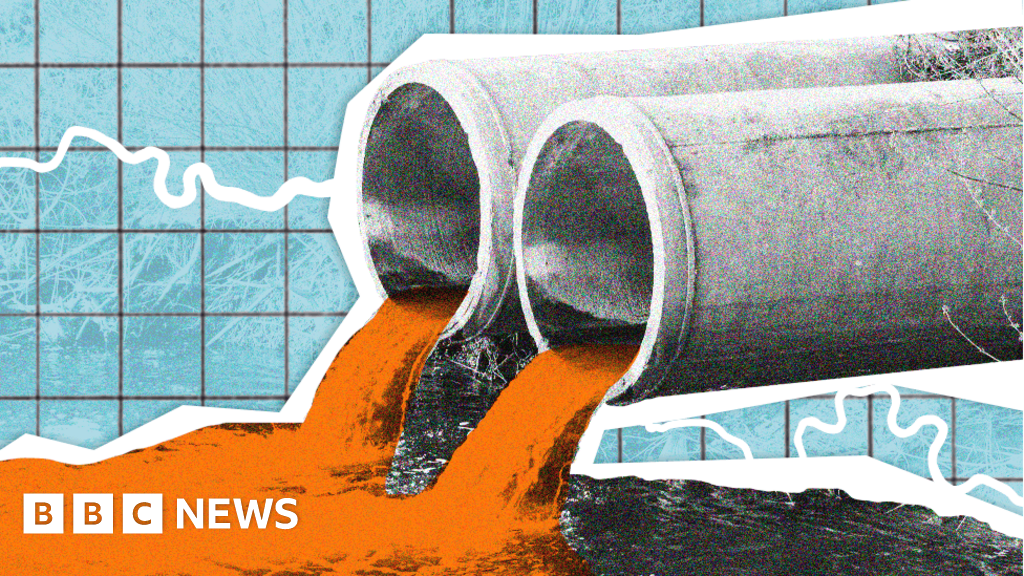Thames, Wessex and Southern Water appear to have collectively released sewage in dry spills for 3,500 hours in 2022 - in breach of their permits.
Shareholder dividends paid 2009-2019
- Thames Water £1.8 billion
- Wessex £1.1 billion
- Southern £900 million
In related news
In a little over three decades, Thames Water, the biggest water and sewerage company in England, serving 15 million people, has transformed from a debt-free public utility into what critics argue is a privately owned investment vehicle carrying the highest debt in the industry.
Over those years – as admitted by Sarah Bentley, the firm’s departing CEO – its executives and the shareholders and private equity companies who own it have presided over decades of underinvestment, aggressive cost-cutting and huge dividend payments.
I worked for ten years at Thames Water as an electrician and can absolutely confirm this to be true.
It’s shareholders first, everything else if there’s enough time and money.
The water boards in this country are natural monopolies and should never have been privatised in the first place.
This is the best summary I could come up with:
Without rainwater the sewage is likely to be less diluted - leading to build-ups of algae which produce toxins “that can be fatal to pets and pose a health risk to swimmers”, says Dr Linda May, a water ecologist at the UK Centre for Ecology and Hydrology.
Collectively throughout 2022, Thames, Southern and Wessex illegally started releasing sewage on dry days 388 times - research by the BBC’s climate and data teams suggests - including during last summer when these regions were in drought.
Across the Wessex Water region - from the Dorset coast to the Bristol area - BBC analysis identified 68 sites where sewage may have been discharged illegally last year.
One of the agency’s officers - who works in environmental regulation - told the BBC anonymously there was a “firm link” between the EA’s failure to identify and investigate dry spills, and budget cuts and staff losses.
In March 2022, Robert Bailey from the Clean Harbours Partnership noticed his local chalk stream, the River Lavant near Chichester, had become “discoloured for many miles and was starting to fill with a white plume”.
John Penicud, head of wastewater operations at Southern Water, told the BBC that “so-called ‘dry spills’ are a complex issue” and said discharges in dry weather can be caused by groundwater entering pipes.
The original article contains 1,847 words, the summary contains 218 words. Saved 88%. I’m a bot and I’m open source!



